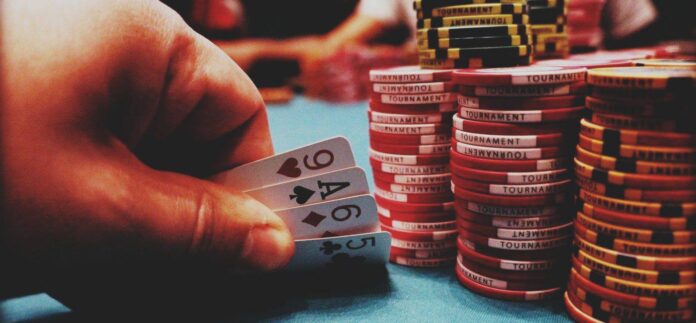As gamers we know that gambling is a focused experience of the great game of life. We know that the real meaning of gambling is the challenge, but a challenge not against other players but against fate. People do not gamble to get rich, since no one has ever really enriched him/herself through gambling.
According to the latest survey of the Higher Institute of Health, there were more than 18 million Italians who gambled in 2018, i.e. over 36% of the population. Most gamblers are between 40 and 64 years old (41%). After 80 years old, people seem to be less likely to gamble (19.5%). On the other hand, people who suffer from gambling addiction, are about one and a half million, so 8.33% of the total players. In addition, according to the Revenue Agency, 101.8 billion euros were spent on gambling in betting in 2017.
Why do so many people gamble? Why has gambling always accompanied human civilization since its inception? (Just remember the astragals of the rear tans of goats, also mentioned in the Iliad, XXII,88).
Dutch historian Johan Huizinga says that gambling, as sport, is sterile. He writes: “You can say that racing, like any other game, is essentially useless. That is, racing has an end in itself, and its outcome is not part of the inevitable vital process of the group“. In fact, those who play or play sports, do not satisfy or increase cultural spiritual, scientific or artistic needs, do not advance the world and the human species.
Yet Huizinga himself says that the Game is part of the sacred: “inside the game gradually comes the sense of a sacred “act”. The cult is grafted on to the game. But playing itself does the primary thing (…). And Huizinga, in his “Homo Ludens” (1939), makes us understand that “gambling has, therefore, its serious side; is included in worship.”How can the sterile be reconciled with the sacred? According to Huizinga, since ancient times the oracle, gambling and justice are connected to fate, therefore to the same mechanism of the game.
Dante places the gamblers in the second ring of the seventh circle of Hell, the same of the violent against themselves. He also refers to the addicted gamblers, that is, those who overcome the philosophical-anthropological tension, to precipitate into pathology.
For his part, Baudelaire, in his poem Le jeu, envies and sympathizes with the abyss to which the player aspires: “Et mon c’eur s’effraya d’envier maint pauvre homm. Courant avec ferveur à l’abîme béant, Et qui, sol de son sang, préférerait en somme La douleur à la mort et l’enfer au néant.” [My heart was frightened, as it envied the daring / of those who go to the open abyss with fervor, / of those who, intoxicated by his blood, come to prefer / to nothing even hell, to death even pain.]
In terms of psychoanalysis, the gambler sublimates unconscious sexual aggression linked to the anal and oral impulses of childhood, with masochistic traits. Essentially, the player seeks in the victory an oedipal castration of his father with the consequent guilt. On the other hand, in the defeat he undergoes a castration by his father, of which he avoided the killing. So, a continuous and unsolvable desire for pleasure/blame in constant winning and losing.
Jesse Scheel, distinguished professor and art-designer, in 2010 theorized Gamification as the total playfulness of human life, in a great perennial game in which every action will be ranked with points and bonuses.
However, we gamblers believe that gambling satisfies a human condition of tension and long-lasting suspension, which is eternal, endless, without use, without purpose except to constant possibility to defy fate. This kind of experience has a philosophical foundation in the unconscious search for an answer to the reasons of life. Moreover, it has an anthropological need, which arises from the desire to bend the case and control one’s own destiny; from the desire to seek knowledge and domination of the world. All of this constitutes the basis of the nature of homo sapiens.
In fact, gambling is as old as humanity. The Greeks traced the division of the universe back to a game of dice between the gods. The Romans also played dice in the tunic of Christ. Therefore, gambling will always exist, because it draws on a primordial need of man, which can be repeated indefinitely, like eros. And like Eros, it is dangerous, until it joins, in each of us, Psyche.







